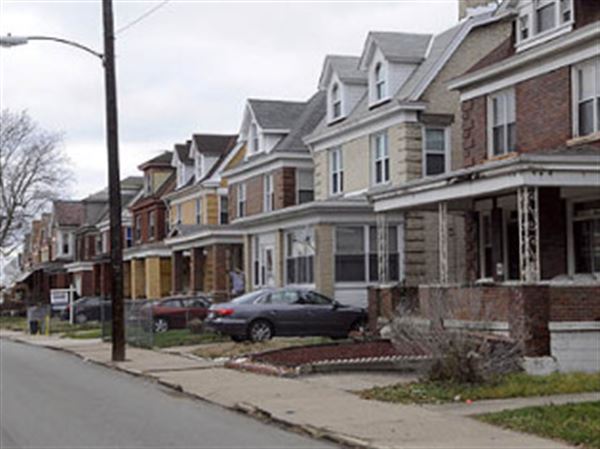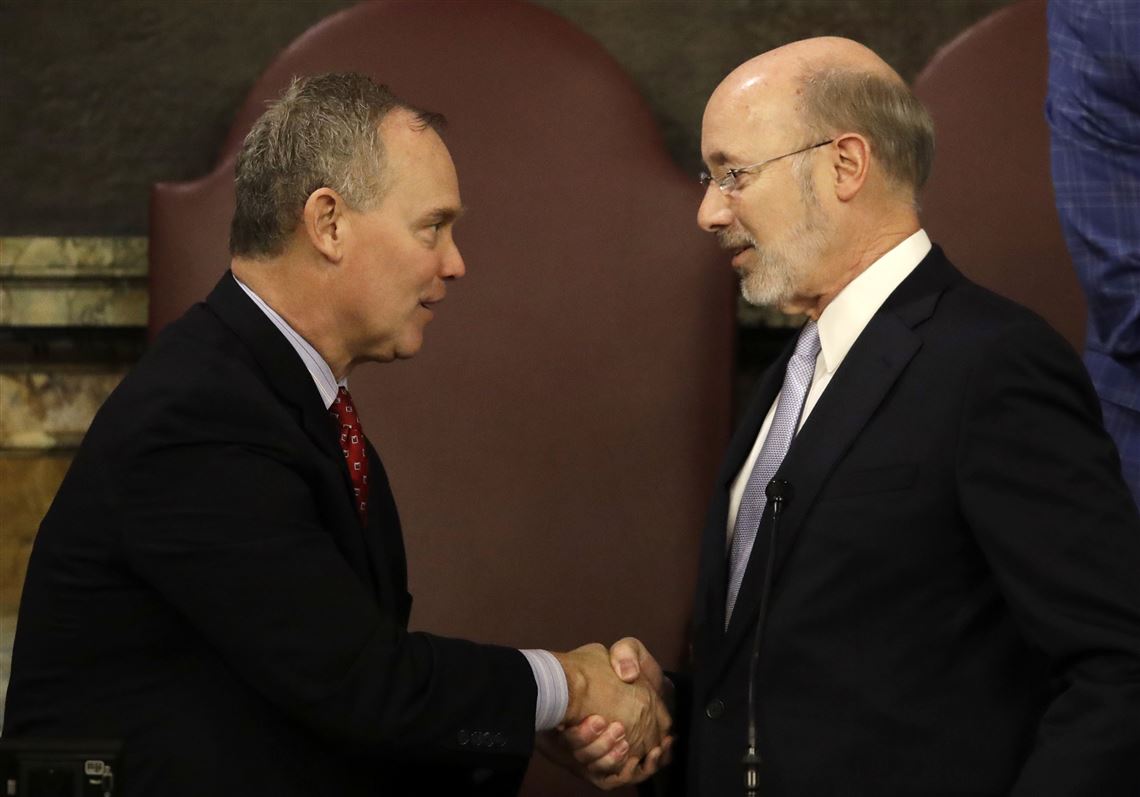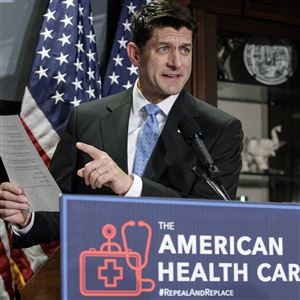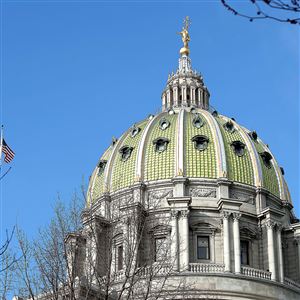Congressional Republicans’ lack of a clear plan on how to best replace the Affordable Care Act has everyone from health insurance companies to hospitals to those who gained insurance coverage under Obamacare uncertain about what the future holds.
Add legislators and policymakers in Pennsylvania who are in the process of working on the state budget to the list of those who want answers.
“The 800-pound, wild-card gorilla sitting at the budget negotiating table is the uncertainty at the federal level,” said Rep. Joe Markosek, D-Monroeville, the ranking Democrat on the state House Appropriations Committee.
“The situation and the unknown definitely has everybody flummoxed,” said Steve Miskin, a spokesman for House Republicans.
Medicaid — the health insurance programs that covers many elderly Pennsylvanians, children, people with disabilities and those with low income — was expanded by more than 700,000 people in this state under the Affordable Care Act; it now insures more than 2.8 million people in Pennsylvania.
Spending on Medicaid also accounts for about one dollar out of every four in the commonwealth’s annual budget. The program is jointly funded by the state and federal governments, with state spending matched by federal funds.
In fiscal year 2015-16, total reported Medicaid program expenditures (not including administrative costs) were $25.9 billion — $15.2 billion in federal matching funds and $10.6 billion in state funds, according to the state’s Department of Human Services.
So what Congress and the president decide to do with the Affordable Care Act’s expansion of Medicaid could potentially have a huge impact on Pennsylvania’s budget.
But for now, at least, no one really knows what exactly that will be.
Democratic Gov. Tom Wolf unveiled his proposed $32.3 billion general fund budget on Tuesday, the kickoff to what will likely be months of negotiations until the July 1 deadline with Republican legislative leaders who control the House and Senate.
Mr. Miskin said if changes occur after June 30, Republicans favor working with the new administration in Washington “to help people get the needed benefits and also try to control costs.”
Mr. Wolf’s budget assumes no dramatic changes to the Medicaid program, for now.
“There is so much uncertainty about what those changes are, when they would occur, what they might even be: whether that is repeal of the [Affordable Care Act] — which I just heard the president say might not happen for another year — to what actually gets repealed from the ACA, which pieces of it if they do do it, if you are going to block grant Medicaid, what does that block grant look like, so the only thing we can really do is plan for what we know now,” said Human Services Secretary Ted Dallas, following Mr. Wolf's proposal on Tuesday. “And then, we will have to adjust as things change, if they do.”
“We'll see how long it takes for all of that to play out in Washington. Even if they act, let’s say expeditiously, it’s probably still not likely to have changes put in place that would effect the [2017]-18 fiscal year,” said Budget Secretary Randy Albright, referring to the state’s fiscal year that begins July 1.
Kate Giammarise: kgiammarise@post-gazette.com or 412-263-3909 or on Twitter @KateGiammarise.
First Published: February 13, 2017, 5:00 a.m.




















